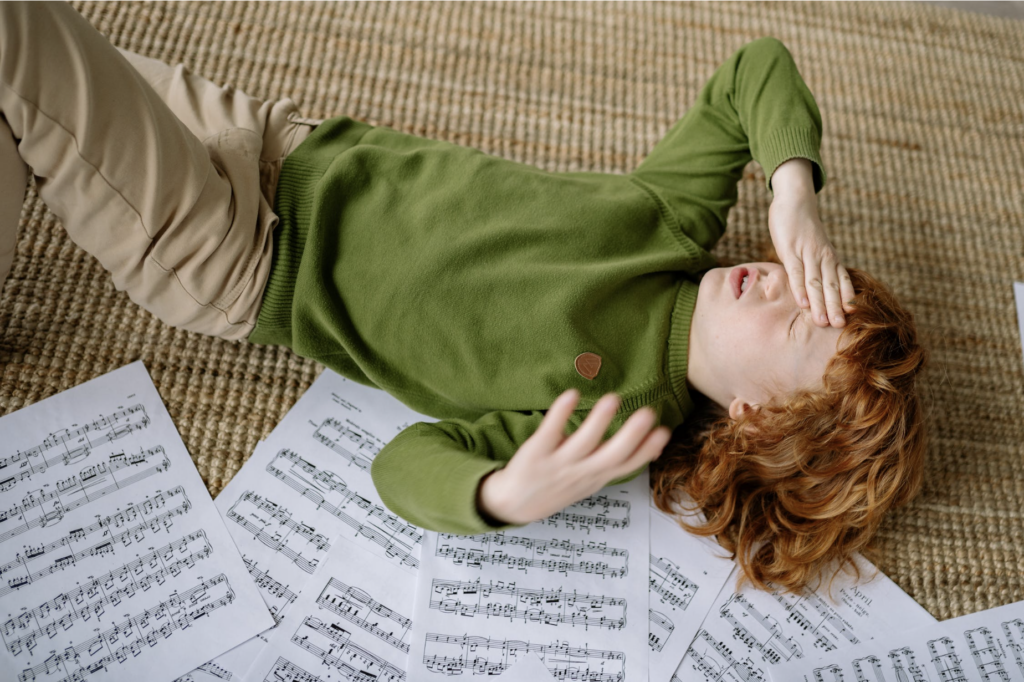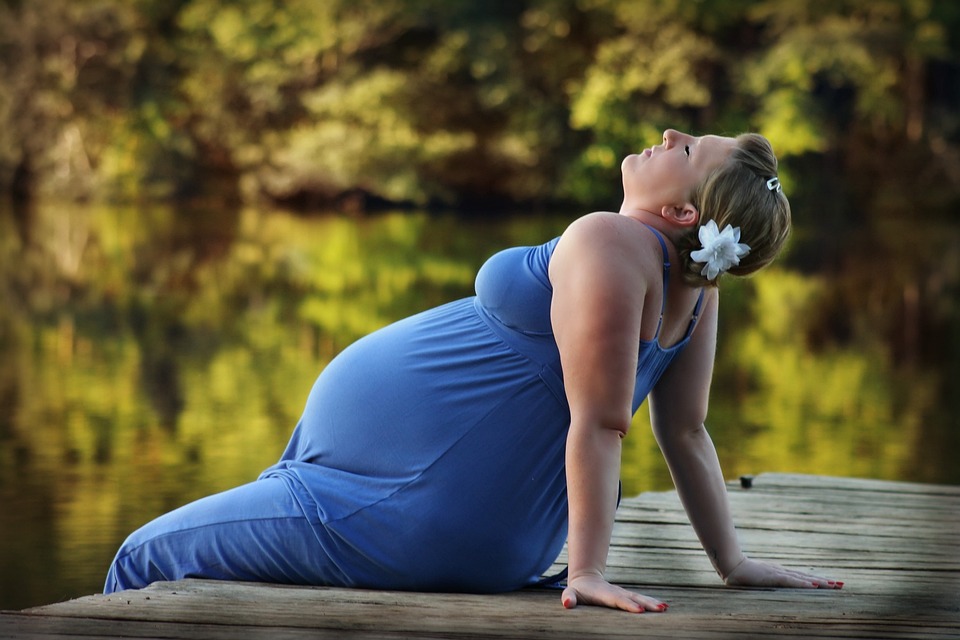Napping is a great way to boost your energy.
Typically, napping is a short period of sleep during the daytime hours. It is usually taken as a response to drowsiness and tiredness due to the loss of sleep caused by busy schedules or travel. Naps typically take anywhere from 10 to 30 minutes.
Napping shouldn’t be a replacement for nocturnal sleep.
Naps are meant to energize you, bring back your focus and alertness as well as to boost your motor skills.
So, if you get a full, uninterrupted 8 hours of sleep, napping is highly advised against.
Sometimes, you may wake up with a headache after your nap.
This is normally common yet, very alarming and unhealthy.

What Causes A Headache After A Nap
It is extremely important to figure out why you have a headache after a nap.
There is a cross section of reasons why you may wake up with a headache after a nap.
Some of them include;
- Breathing problems
- Teeth grinding
- Sleep hygiene
- Pregnancy
- Sleep inertia
Breathing Problems
You can easily spot out someone with breathing problems when they nap or sleep.
This is because they usually snore.
Snoring can also indicate that you have sleep apnea.
Sleep apnea is characterized as a serious sleep disorder in which breathing repeatedly stops and starts. If you find yourself snoring loudly and feel tired even after a full night’s sleep, you might have sleep apnea.
However, sometimes, snoring is also an indication of addiction such as alcoholism.
Breathing problems can also induce headaches after napping.
Teeth Grinding
Many people tend to grind or clench their teeth when they sleep.
Doing so during your sleep can cause headaches when you wake up.
This is because you are straining your muscles and nerves unknowingly.
Teeth grinding and clenching is sometimes linked to sleep apnea.
Pregnancy Problems
During pregnancy, you are thrown with so many issues, like pregnancy nightmares for example. One of these includes frequent fatigue.
This makes you want to nap all the time.
However, waking up, you may end up with a headache.
This is normally caused by other underlying issues such as;
- Hormone imbalance
- Dehydration
- Low blood sugar levels
- And even congestion
Sleep Hygiene
Sleep hygiene describes your sleeping habits. Many unhealthy sleep habits may impact you negatively causing headaches. These include;
- Sleeping on the wrong pillow which disrupts head and neck muscles
- Insomnia or unhealthy sleep schedules mean that naps are not enough
- Napping too much and oversleeping
- Napping in uncomfortable positions
Sleep Inertia
Sleep inertia can also cause headaches.
Sleep inertia is characterized as over napping.
Napping for more than 30 minutes is unhealthy.
Napping for more than 30 minutes takes you to the next stage of sleep. This is known as the Slow wave sleep stage. According to scientists, a sleep cycle is 90 minutes. Thus, napping for more than 30 minutes and awakening will interrupt your sleep cycle.
Doing so is what leads to sleep inertia.
It is characterized by feelings of fatigue, grogginess, dizziness and even headaches when you wake up,
Types of Headaches
You will typically experience two types of headaches caused by naps.
The key is knowing how to identify them and tackling the problem.
And if you have trouble, simply consult a physician.
These include;
- Primary headaches
- Secondary headaches
Primary Headaches
Primary headaches are easy to identify and are normally treated by medication.
These include episodes such as regular forehead area headaches or migraines.
Migraines can be severe sometimes, causing pins and needles and even vision and speech difficulty.
Some people may even experience hypnic headaches that wake you up in the middle of the night.
Secondary Headaches
Secondary headaches are inevitable.
Although sometimes, they can also be preventative.
These include headaches that result from hangovers or menstruation.
Abuse of drugs and other substances such as aspirin or caffeine can also cause headaches from naps.

How Do I Treat Headaches From Naps
After you identify what causes your headache after a nap, it is easy to address the problem.
Yet, you must address the problem beyond just taking analgesics and other pain relieving medications.
If you have breathing disorders, visit a doctor to learn how to contain the problem.
If you need a breathing aid machine for sleep, then get one.
If you need a mouth guard to prevent teeth grinding when sleeping, then get them as well.
You will be amazed at the results.
Try to also improve your sleeping hygiene and environment.
That’s nothing as beneficial as investing in your health.
Spend a couple of bucks on a good pillow and mattress.
Invest in a pillow that supports your head and neck in a neutral position.
Many a time, headaches may also be caused by the environment you live in.
So, declutter your home.
Ensure it is well ventilated and clean.
When you are pregnant, exercise healthy living.
Always hydrate, eat well, exercise and get as much fresh air as you can.
If you experience headaches when you are pregnant, immediately notify your physician.
And when you nap, try to limit the time to not more than 25 minutes.
Set an alarm or have someone wake you up if you think you may oversleep.
You will also significantly prevent headaches and sometimes, even unnecessary naps if you also improve your lifestyle.
Try to;
- Exercise daily
- Eat a balanced diet
- Reduce caffeine intake
- Find time to relax after work or between your busy schedule
And beyond all, if you still experience difficulties, consult a sleep specialist.
Bottom Line
The bottom line is to always think of the cause and effect.
If you practice unhealthy living, then results will also be unhealthy.
Practice to know your body more and how it works.
This allows you to easily spot out a problem such as nap headaches should they arise.
It also allows you to easily figure out what has gone wrong.
And this practice shouldn’t only be limited to your body.
Know your surroundings as well.
Ensure your sleeping habits are on point.
Nap in comfortable and natural positions and maintain quality sleep fostering environments.
Remember to keep a good pillow, supporting mattress and a clean and well ventilated home.




